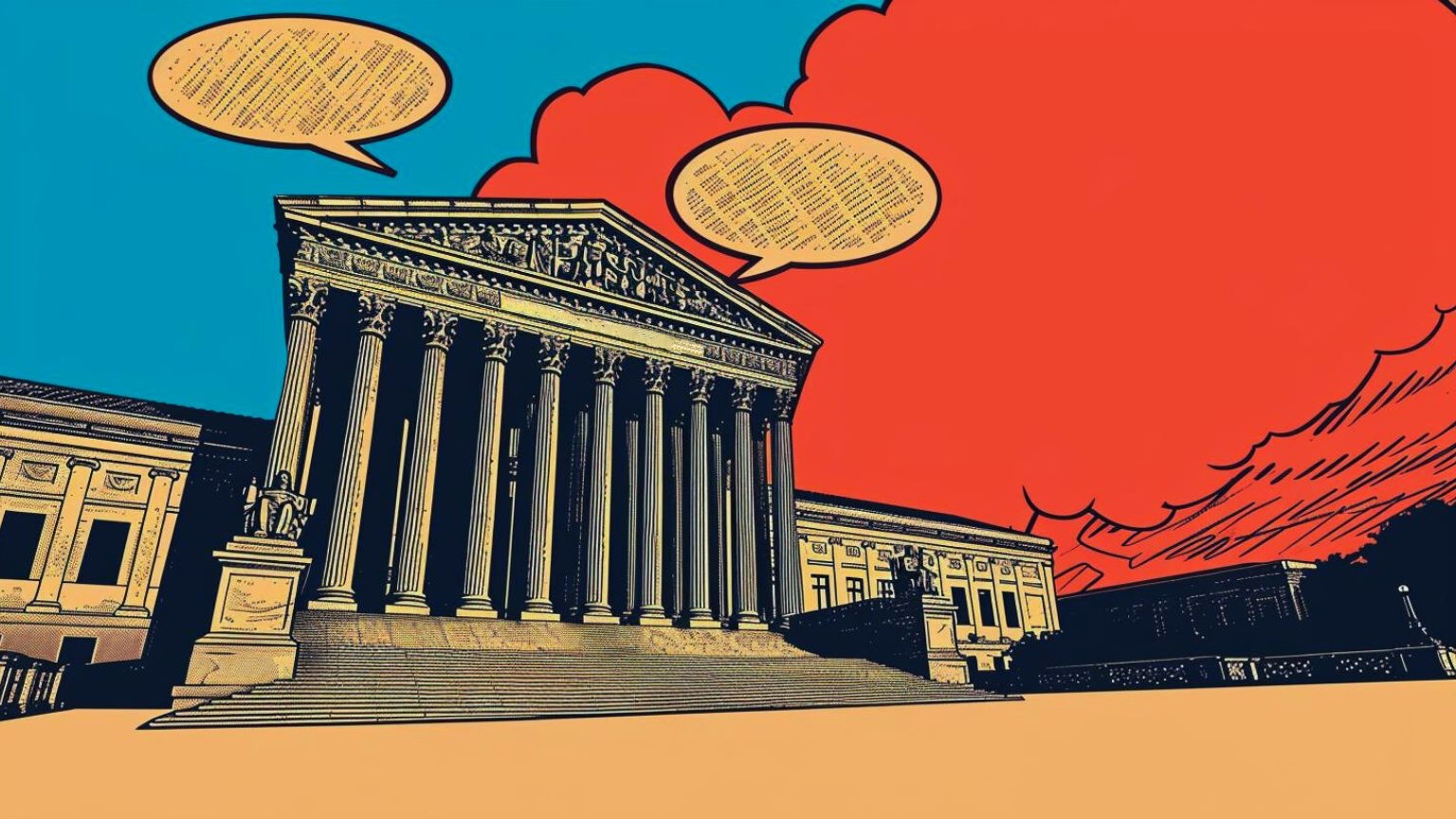Senator Josh Hawley has appealed to the Supreme Court, advocating for an intervention in the censorship by major technology firms, a situation he believes is endangering Americans’ freedom of speech. In a show of support for recently enacted laws in Texas and Florida, which aim to prevent social media companies from censoring content based on political bias, Hawley has filed an official brief with the Court.
We obtained a copy of the filing for you here.
Joining Hawley is the First Liberty Institute, alongside Consovoy McCarthy PLLC, and other groups that have submitted an amicus brief to the court. Representing the interests of the Babylon Bee LLC and Not the Bee LLC, the legal teams are challenging the actions of social media platforms that they argue unfairly target and suppress conservative and religious viewpoints.
Jeremy Dys, Senior Counsel for First Liberty Institute, emphasized the seriousness of this issue: “Censorship is no laughing matter. For too long, social media giants have censored conservative and religious speech with which they disagree.” He contends that the laws in question are essential for ensuring that social media companies are held to the standards of neutrality they claim to uphold, aligning with both federal law and the First Amendment.
We obtained a copy of that filing for you here.
These state laws, which have become the subjects of legal contention, have escalated to the Supreme Court. Hawley expressed his viewpoint on X, stating, “The Supreme Court should rein them in – and the government should break them up.” He is openly critical of the censorship tendencies of major tech companies like YouTube, Facebook, Instagram, TikTok, and Google.
Hawley’s brief challenges the argument made by these tech giants. These companies claim that the Texas and Florida laws, enacted late last year, infringe upon their First Amendment rights. This claim comes amidst their actions that, according to critics, suppress the free speech of American users.
In his brief, Hawley calls out the perceived duplicity in Big Tech’s stance and cautions against accepting their contradictory assertions. He warns that endorsing their claims could shield these platforms from legal and regulatory accountability.
The issue gained prominence following legal challenges in 2021 after the governors of Texas and Florida, Greg Abbott and Ron DeSantis respectively, introduced laws targeting political bias censorship by Big Tech. Industry groups NetChoice and the Computer & Communications Industry Association sued, citing violations of First Amendment rights.
Florida’s approach differed, enabling residents to seek compensation from tech firms that suppress their speech, and imposing fines of up to $250,000 per day for censoring political candidates. However, this approach was not universally accepted, as the Eleventh Circuit Court of Appeals ruled in favor of the social media companies, leading to a split in judicial opinion on the matter.
The outcome of these crucial lawsuits, set to be decided in the Supreme Court on February 26, is eagerly anticipated by both sides.










